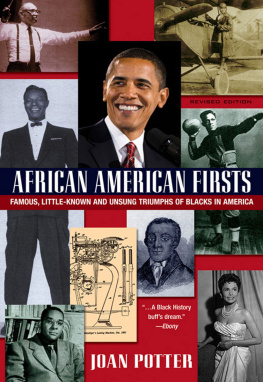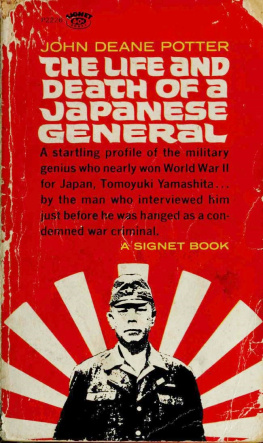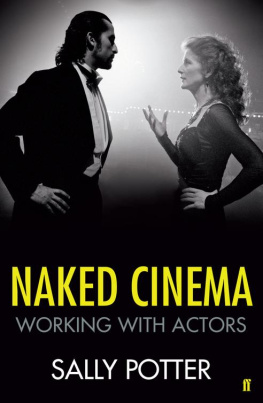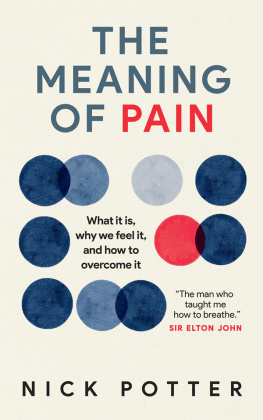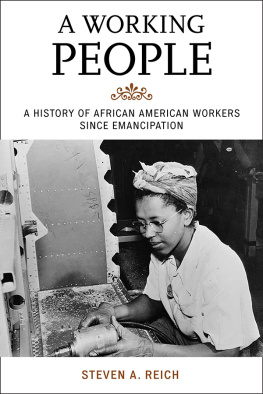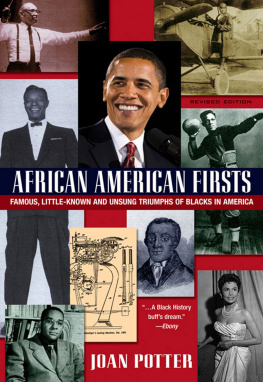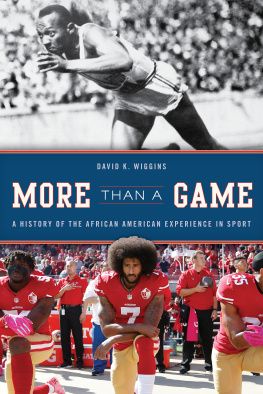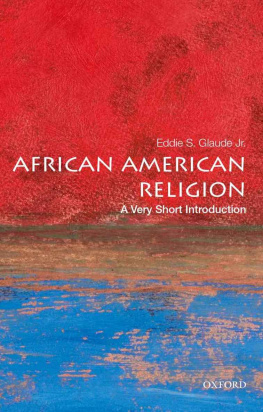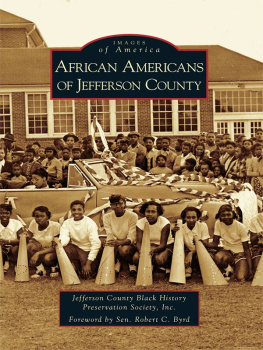KENSINGTON PUBLISHING CORP .
B USINESS
WHAT WAS THE FIRST INSURANCE COMPANY OWNED BY AFRICAN AMERICANS?
T he Afro American Insurance Company, the first known insurance firm to be owned and managed by African Americans, was established in Philadelphia in 1810 by three businessmen, James Porter, William Coleman, and Joseph Randolph. The original purpose of the company, which stayed in business for thirty years, was to provide African Americans with a proper burial.
WHO WAS THE COUNTRYS FIRST AFRICAN AMERICAN MILLIONAIRE?
I n 1841, William Liedesdorff arrived in San Francisco Bay on his schooner Julia Ann . Born in the Virgin Islands around 1810, the son of an African American woman and a Danish sugar planter, Liedesdorff left home to learn the maritime trade, working on ships out of New Orleans. Already a wealthy man when he came to San Francisco, he bought land, built a home, and opened a store. He then proceeded to make a major impact on the city.
As a member of the city council, Liedesdorff was instrumental in setting up the first public school and organizing the first official horse race. He launched the first steamboat on San Francisco Bay and later opened the first hotel. He eventually owned an extensive amount of land in the city as well as a huge estate near Sutters Mill, in gold-rush country. Liedesdorff died at the age of thirty-eight from what was then called brain fever. A short street in downtown San Francisco still bears his name.
WHO FOUNDED THE FIRST AFRICAN AMERICAN LABOR UNION?
B orn in Baltimore in 1835, Isaac Myers was apprenticed at the age of sixteen as a ship caulker, an important job in the days of wooden-hulled ships. He was very successful, becoming supervisor of one of the largest shipyards in Baltimore. After the Civil War, white laborers in the city mounted an effort to eliminate all African American skilled workers. In response, Myers organized the ship caulkers and longshoremen who were being forced out of their jobs, raised money from the community, and established a black-owned cooperative shipyard.
The shipyard, the Chesapeake Marine Railway and Dry Dock Company, employed hundreds of African Americans, won a number of government contracts, and provided the impetus for the establishment of the Colored Caulkers Trade Union Society of Baltimore. Myers then organized the first national African American labor union in United States historythe Colored National Labor Unionand became its first president. Later, Myers held several government positions and was a key member of Baltimores Republican Party until his death in 1891.
WHO FOUNDED THE FIRST CHARTERED AFRICAN AMERICAN BANK?
W illiam Washington Browne, born a slave in Georgia in 1849, was still a child when he was sold to an owner in Tennessee. During the Civil War, Browne ran away with the Union Army and became an officers servant. At fifteen, he joined the army, serving for two years. He then attended school in Wisconsin, returning to the South to become a schoolteacher.
A fervent leader in the temperance movement and an ordained Methodist minister, Browne became the head of an organization for African Americans called the Grand Fountain of the United Order of True Reformers, based in Richmond, Virginia. Brownes organization grew to include an insurance company, a hotel, an office building, a concert hall, and the True Reformers Savings Bank, which, when it opened in 1889, became the first African American bank in the United States to receive a charter. In 2001, the city of Richmond acquired the William Washington Browne House, which had served as the site of the bank, and joined with the National Park Service to restore this National Historic Landmark.
WHO WAS THE FIRST WOMAN IN AMERICA TO BECOME A BANK PRESIDENT?
M aggie Lena Walker was born in 1867 in Richmond, Virginia, where her parents worked in the mansion of a noted abolitionist, Elizabeth Van Lew, who believed in providing her servants with a good education. When Maggies father found a job as a headwaiter in a hotel, the family moved into its own home. But after he was killed in a robbery, her mother had to support the family as a laundress. A bright student, Walker finished her education and became a teacher. She later took a job with the Independent Order of St. Luke Society, an African American organization that assisted sick and elderly members and provided burial services.
As executive secretary of the Society, Walker expanded it into an insurance company, and in 1903 she founded the St. Luke Penny Savings Bank, becoming its president and the first woman bank president in the United States. Her bank provided small cardboard boxes to children in which they could save their pennies; when they had saved a dollar, they could open a savings account. Walker served as president until the bank merged with two others to form the Consolidated Bank and Trust Company, for which she served as chairman of the board.
Walker started a department store in the African American neighborhood of Richmond and worked for womens suffrage. The house in Richmond where she died in 1934 was named a National Historic Site. During Womens History Month, in March 2001, Virginia Congressman Robert C. Bobby Scott honored this remarkable woman in a speech before the House of Representatives, in which he described her accomplishments.
WHAT WAS THE FIRST AFRICAN AMERICANOWNED CAR COMPANY?
T he Patterson family of Greenfield, Ohio, began manufacturing the Patterson-Greenfield line of cars, trucks, and buses in 1915. The patriarch of the family was Charles Richard Patterson, who had escaped from slavery in West Virginia and settled in Ohio, where he ran a blacksmith business. It was there that he founded the Charles R. Patterson Carriage Company, which started making horse-drawn vehicles in the 1860s. After Patterson died, his son, Frederick, took over and decided to manufacture automobiles. The first car sold for $850. The company went out of business in the 1930s, when it could no longer compete with large car manufacturers.
WHAT WAS THE FIRST RECORD COMPANY OWNED BY AN AFRICAN AMERICAN?
I n 1921 Harry Pace formed the Pace Phonographic Corporation, which issued records on the Black Swan label. It was the first record company owned and operated by an African American. The label was named for the renowned singer Elizabeth Taylor Greenfield, who was called the Black Swan. Earlier, in 1908, Pace had organized a music publishing company in Memphis, Tennessee, with the blues composer W. C. Handy. The Pace and Handy Music Company moved to New York in 1918, but the partnership dissolved three years later when Pace formed his record business.
For his record company, Pace brought in Fletcher Henderson as recording manager and William Grant Still as arranger. His first releases featured performances of light classical music, blues, spirituals, and instrumental solos. Black Swans first hit was a recording of Down Home Blues and Oh, Daddy, sung by Ethel Waters. Although Pace recorded many outstanding artists, he was unable to withstand the competition from white-owned companies, and was forced to declare bankruptcy in December 1923. A few months later he sold the Black Swan label to Paramount Records.
WHO ORGANIZED AND SERVED AS THE FIRST PRESIDENT OF THE FIRST MAJOR AFRICAN AMERICAN TRADE UNION?
O ne of the countrys leading spokesmen for African American workers, A. Philip Randolph was born in Florida in 1889. After moving to New York City at the age of twenty, he worked as a waiter and an elevator operator, and in both jobs he tried to organize his fellow workers to protest deplorable conditions.

